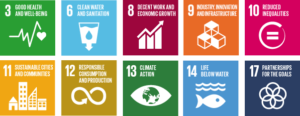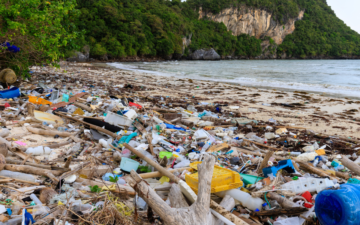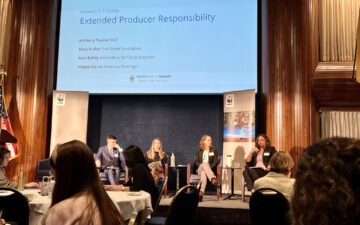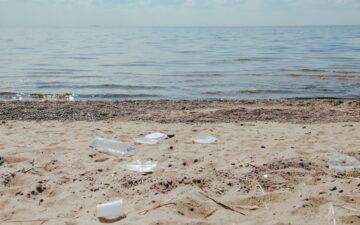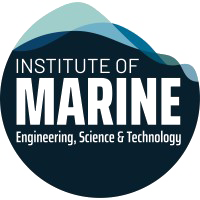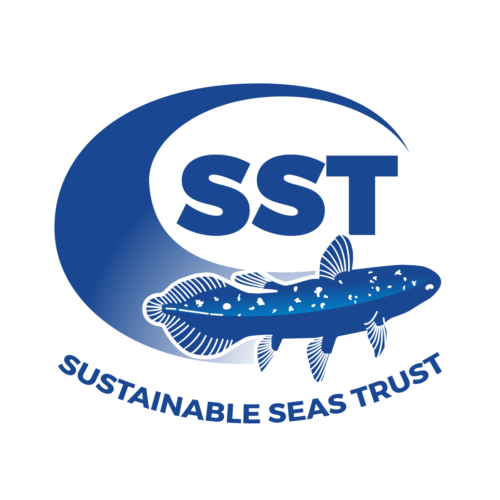Plastics Initiative
The Ocean Foundation’s Plastics Initiative (PI) is working to influence sustainable production and consumption of plastics, to ultimately achieve a truly circular economy for plastics. We believe this paradigm shift begins with prioritizing materials and product design.
Our vision is to protect human and environmental health, and advance environmental justice priorities, through a holistic policy approach to reduce plastic production and promote plastic redesign.
Our Philosophy
The current system for plastics is anything but sustainable.
Plastics are found in thousands of products, and with investment in plastic production capacity increasing, its composition and uses are becoming increasingly more complex, and the problem of plastic waste continues to grow. Plastic materials are too complex and too customized to contribute to a true circular economy. Manufacturers mix polymers, additives, colorants, adhesives, and other materials to make different products and applications. This often turns otherwise recyclable products into unrecyclable single-use pollutants. In fact, only 21% of plastics produced are even theoretically recyclable.
Not only does plastic pollution affect the health of aquatic ecosystems and its species, but it also impacts human health and those who rely on these marine environments. There have also been numerous risks identified as various plastic products or applications leach chemicals into food or drink when exposed to heat or cold, affecting humans, animals, and the environment. In addition, plastic can become a vector for other toxins, bacteria and viruses.
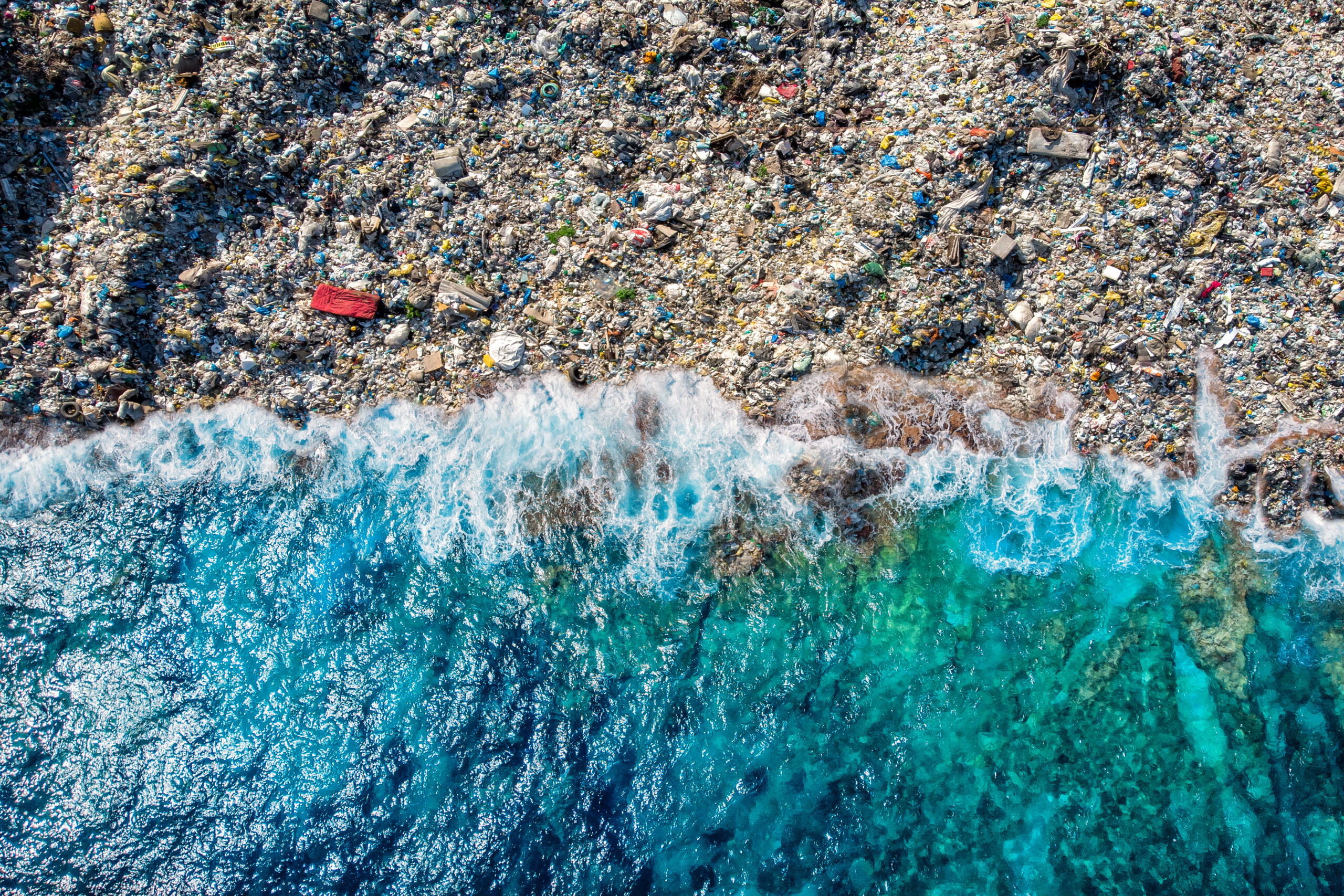
Our Approach
When it comes to plastic pollution, there is not one singular solution that will resolve this threat to humankind and the environment. This process requires input, cooperation, and action from all stakeholders – which often has the ability and resources to scale solutions at a much faster pace. Ultimately, it requires political will and policy action at every level of government, from local Town Halls to the United Nations.
Our Plastic Initiative is uniquely positioned to work both domestically and globally with many audiences to address the plastic pollution crisis from multiple angles. We work to shift the conversation from why plastics are so problematic to a solution driven approach that re-examines the way plastics are made, starting from the earliest production stage. Our program also pursues policies that aim to drastically reduce the number of products made of plastic materials.
An Accredited Observer
As an accredited Civil Society Observer, we aspire to be a voice for those who share our perspectives in the fight against plastic pollution. Learn more about what this means:
For those products and uses where plastic is the best available option, we aim to champion actions and policies that will ensure they are simplified, safer, and standardized to systematically increase the amount of materials on the market that can be safely used, reused, and recycled to reduce harm from plastic pollution in our bodies and the environment.
We engage alongside – and bridge gaps between – government entities, corporations, the scientific community, and civil society.
Our Work
Our work requires engagement with decision makers and stakeholders, to drive discussions forward, break down silos, and exchange key information:

Global Advocates and Philanthropists
We participate in international fora and seek agreements on topics including the life cycle of plastics, micro and nanoplastics, the treatment of human waste pickers, the transportation of hazardous materials, and import and export regulations.
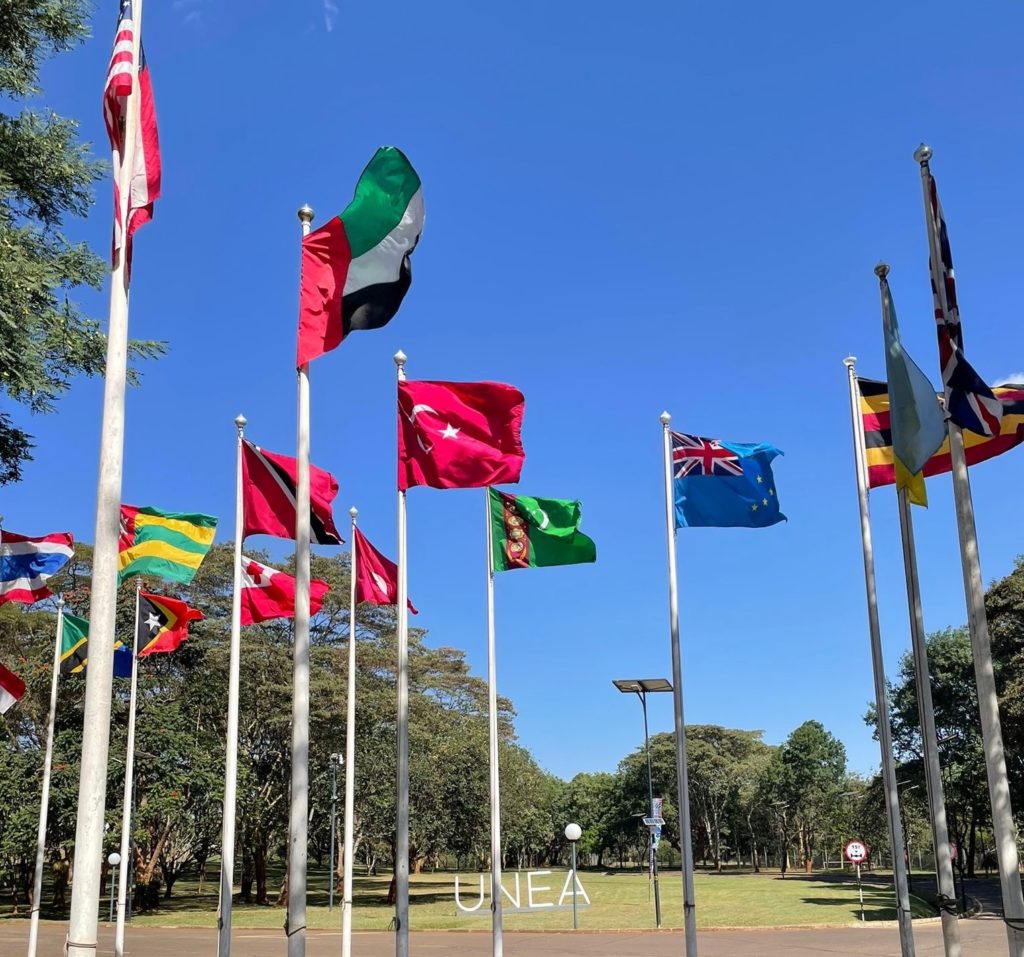
Government Entities
We work with governments domestically and internationally, collaborate with legislators, and educate policymakers about the current state of plastic pollution to fight for science-informed legislation to effectively reduce, and ultimately eliminate, plastics pollution from our environment.

Industry Sector
We advise companies on areas they can improve their plastic footprint, support innovative advances for new techniques and processes, and engage industry actors and plastic manufacturers on a framework for a circular economy.

Scientific Community
We exchange expertise with materials scientists, chemists, and others regarding best practices and emerging technologies.
The Bigger Picture
Achieving a truly circular economy for plastics involves working across their entire life cycle. We act alongside many organizations on this global challenge.
Some groups are focusing on the waste management and clean-up end of the cycle including in-ocean and beach clean-ups, experimenting with new technologies, or collecting and sorting what plastic waste has already traveled to the ocean and coasts. Others are advocating to change consumer behavior with campaigns and pledges, such as not using plastic straws or carrying reusable bags. These efforts are equally important and necessary in managing waste that already exists and raising awareness to encourage behavior change about how society uses plastic products.
By re-examining the way plastics are made from the production stage, our work enters at the beginning of the circular economy cycle to reduce the number of products made from plastics and apply a simpler, safer, and more standardized manufacturing approach to the products that will continue to be made.
Resources
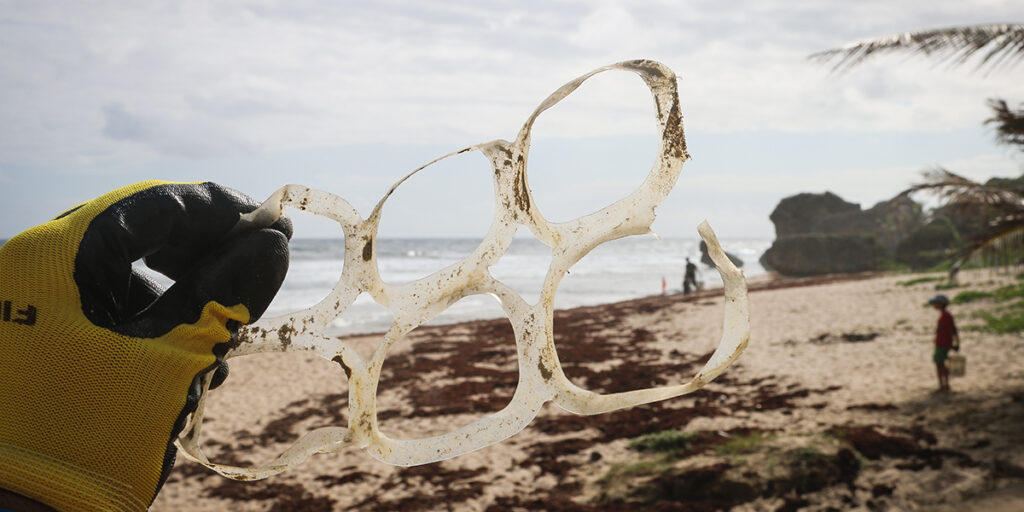
Plastic in the Ocean
Research Page
Our research page dives into plastic as one of the most pressing issues in marine ecosystems.
MORE RESOURCES
Investing in Ocean Health | Infographic on Redesigning Plastics | All Initiatives
RELATED SUSTAINABLE DEVELOPMENT GOALS (SDGs)
